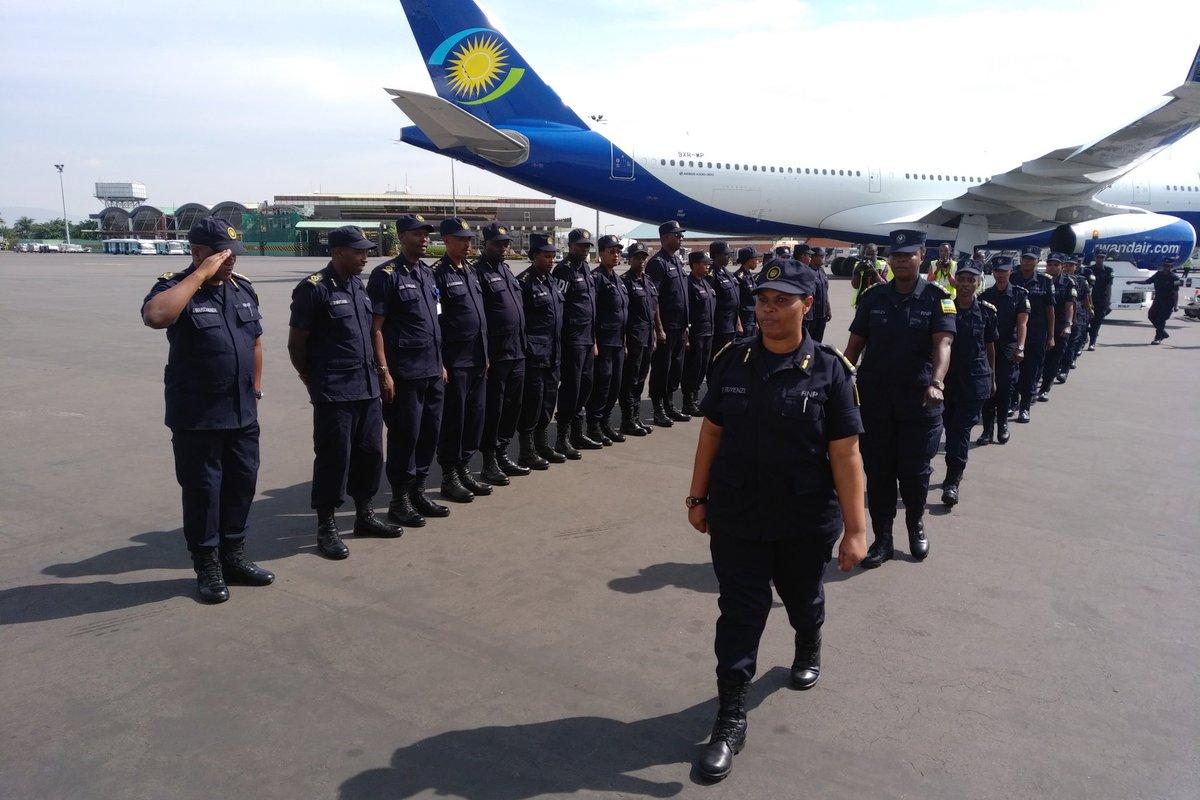
What will these five countries bring to the table?
South Africa, Indonesia, the Dominican Republic, Belgium and Germany will be non-permanent members of the UN Security Council for 2019–20, after receiving the required majority of votes from the General Assembly in June. A seat on the council gives them opportunities for international influence, so where do they stand on the women, peace and security agenda? The ASEAN Post says that Indonesia intends to increase the role and participation of women in peacekeeping activities. Belgium, Germany and Indonesia all have national action plans on WPS. In its campaign for a seat, the Dominican Republic advocated the protection of women, children and civilians in armed conflict, and South Africa has made commitments to WPS as a member of the African Union.
The universality of the WPS agenda
But while individual countries may bring their own WPS efforts to the table, the idea that culture is somehow a justification for oppressing women is ‘an excuse’, argued Sweden’s foreign minister, Margot Wallström, in The Economist last month. Claims about cultural differences undermine the legal and moral notion that women are entitled to the same universal basic rights as men. It’s important for all members of the UN Security Council to continue to advance the WPS agenda.
Regional organisations also have an important role in progressing WPS—as ASPI’s Melissa Liberatore writes, ASEAN is beginning to engage with the WPS agenda.
Mozambique launches WPS plan
Mozambique unveiled its five-year WPS action plan in early June. The plan addresses diverse issues, including women’s participation in conflict management and resolution, assistance for displaced and refugee women, the prevention of violence and sexual abuse, and post-conflict reconstruction. Covering the period 2018–2022, the plan was drawn up by the Mozambique government in partnership with UN Women, with input from Iceland and Norway. WPS plans are already being implemented in 22 of the 54 African countries.
Women in arms
Police representatives from around the world met during the annual UN Chiefs of Police Summit to ‘chart a vision for UN Police and elicit commitments to strengthen its ability to effectively prevent and address security threats before they transcend borders’. In his opening address to the gathering, UN Peacekeeping head Jean-Pierre Lacroix highlighted the benefits of women’s participation in peacekeeping missions. Of the 11,000 police officers from 89 countries currently serving in UN peacekeeping missions, just 10% are women.
Canada is striving to deliver on its commitment at last year’s ministerial summit on peacekeeping in Vancouver ‘to champion an overall increase in the number of female peacekeepers’ as part of its recent deployment of peacekeepers to Mali. Although Canada has a way to go to reach the UN target of 15% of each military peacekeeping contingent being made up of women by 2020, it is well above the average of 4% representation across current peacekeeping missions.
Rwanda deployed its ‘first-of-a-kind’ female-dominated police contingent to the UN peacekeeping mission in South Sudan in June. It is also the first time that a Rwandan contingent has been led by a female officer. The commander, Assistant Commissioner of Police Teddy Ruyenzi, promised that the contingent would ‘be a practical voice in the fight against sexual and gender-based violence’.
From equality in the military to gendered social roles
Transitioning from fighting to peace-building doesn’t always come with gender equality. During the Sri Lankan civil war, female fighters played a significant role in the Tamil nationalist militant group the Tamil Tigers (LTTE). Women were treated as equals among their male counterparts. Yet almost 10 years later, the integration of women back into society hasn’t seen the same levels of equality. This article explains how former LTTE female fighters have returned to gendered roles, such as housewives and family carers. Only in this year’s budget did the Sri Lankan government put resources towards reconciliation projects, such as subsidies for businesses that hire at least five ex-combatants or war widows.
Peace and violence in Syria and Iraq
The problems with achieving and sustaining long-term equality may have more to do with the place that violence and the military holds in popular perception. Video interviews with Syrian and Iraqi women highlighted the need to strengthen peacemaking and women’s role in peacemaking in conflict environments, rather than just rewarding women who demonstrate willingness to use violence. In this interview series co-produced by Georgetown’s Institute for Women, Peace and Security, MeWeSyria and Maggie Lemere, Syrian women describe their frustrations at being viewed as lacking ambition or capability, noting that women refugees can be initiators of peace.
Mediation missing the mark
The African Union has only one female special envoy to conflict zones in the region, which is an issue when looking at the inclusion of women in mediation efforts, explains Ndubuisi Christian Ani in this article. The Network of African Women in Conflict Prevention and Mediation (FemWise-Africa) was established last year, but Youssef Mahmoud (senior adviser at the International Peace Institute) argues that it continues to face many challenges to reach its full effectiveness. He notes that although women often have more intricate knowledge of their communities, they need to be actively included in Track 1 mediation efforts, rather than in just ‘soft peacebuilding work’ of local and community peace negotiations.
Farming futures
There are calls for women to lead the way in the ‘second green revolution’ to meet the growing food security needs of the planet. Despite the fact that women make up 43% of all farmers worldwide, laws and customs in half of all countries undermine women’s ability to own, manage and inherit the land they farm. The UN’s Food and Agriculture Organization estimates that if women had the same access to credit, technology and training as men, they could increase production on their farms by up to 30%. Securing women’s land rights has been shown not only to increase agricultural yields, but also to dramatically improve women’s ongoing peace and security.